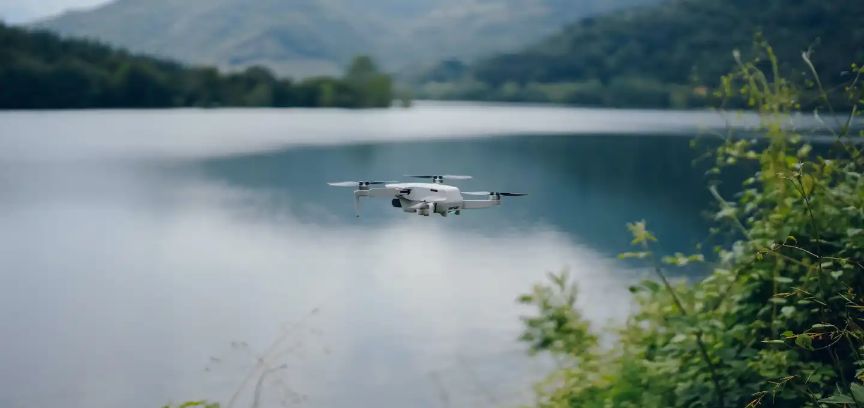The Ethical and Legal Aspects of Drone Warfare
5 min read
26 Jul 2024
Drone warfare has introduced a new era of conflict, raising complex ethical and legal questions that resonate far beyond the battlefield. Unmanned Aerial Vehicles (UAVs) have become pivotal tools in modern military operations, but their use has sparked intense debates on the moral and legal dimensions of warfare. In this comprehensive examination, we will delve into the ethical and legal aspects surrounding drone warfare, exploring the multifaceted challenges, controversies, and evolving frameworks that seek to navigate the intricate intersection of technology, warfare, and ethics.
1. Targeted Killings and Collateral Damage
One of the central ethical dilemmas of drone warfare is the issue of targeted killings. While UAVs offer precision strikes, concerns arise over the potential for civilian casualties, often referred to as "collateral damage." The ethical question revolves around the proportionality of using lethal force when the potential harm to civilians is high. Striking a balance between eliminating threats and protecting innocent lives remains a critical and ongoing challenge in the evolving landscape of modern warfare.

2. Remote Warfare and Psychological Distance
Drone operators are often thousands of miles away from the battlefield, operating in a secure environment far removed from the immediate risks of combat. This remote aspect of drone warfare can create psychological distance, potentially desensitizing operators to the human consequences of their actions. Ethical concerns arise when individuals make life-and-death decisions from a distance, leading to profound questions about empathy, moral responsibility, and accountability in the age of remote warfare.
3. Sovereignty and International Law
The use of armed drones in countries without their consent raises significant sovereignty and international law issues. Violating a nation's airspace without permission can be seen as a breach of sovereignty, and such actions can strain diplomatic relations. The question of whether drone strikes comply with international humanitarian law and human rights conventions adds a layer of complexity to the legal aspect of drone warfare, prompting a need for clearer legal frameworks that navigate the complexities of modern conflict.
4. Transparency and Accountability
Maintaining transparency and accountability in drone operations is challenging due to their secretive nature and the often covert nature of military actions. Secrecy can hinder oversight and accountability mechanisms, raising concerns about the potential for abuses of power. There is a pressing need for robust systems that ensure that drone strikes are conducted in accordance with international laws and regulations, and that accountability is upheld, even in the clandestine world of drone warfare.
5. The Role of Autonomous Drones
Advancements in artificial intelligence have raised profound concerns about the development of autonomous drones capable of making lethal decisions independently. The ethical implications of delegating life-and-death decisions to machines are monumental. Questions about accountability, morality, and the potential for unintended consequences underscore the urgent need for stringent regulations on autonomous drone technology, as nations grapple with the moral complexities of autonomous warfare.
6. Evolving Ethical and Legal Frameworks
As the use of drones in warfare becomes more prevalent, ethical and legal frameworks are evolving in response to the ethical dilemmas presented by this technology. International organizations, governments, and legal experts are actively working to establish clearer rules governing drone use. These frameworks aim to strike a delicate balance between national security imperatives and adherence to international law, all while upholding ethical standards that protect civilian lives. Navigating this evolving landscape is a multifaceted challenge that shapes the future of conflict and the moral compass of nations, making it a critical endeavor for our times.
Conclusion: Navigating a Complex Landscape
Drone warfare is a complex and rapidly evolving field that demands vigilant consideration of its ethical and legal dimensions. Striking a balance between national security imperatives and ethical principles is an enduring challenge that policymakers, military leaders, and the international community must address. As technology continues to advance and the nature of warfare evolves, navigating the intricate ethical and legal landscape of drone warfare remains an ongoing and pivotal endeavor, shaping not only the future of conflict but also the moral character of nations in an interconnected world.


